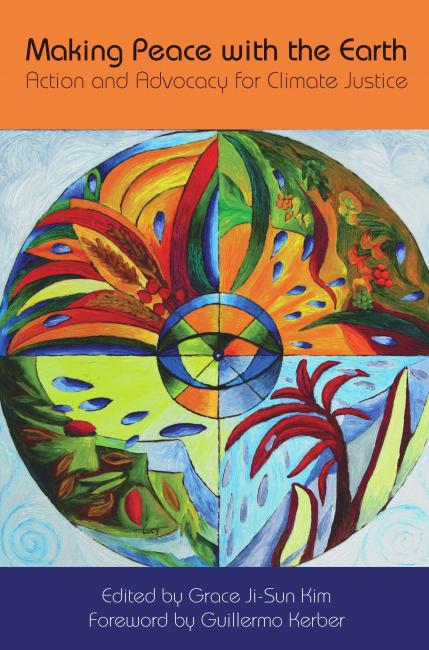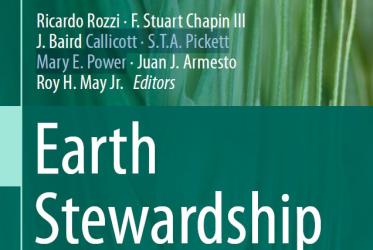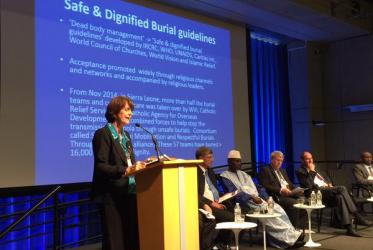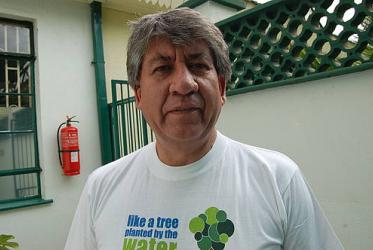Displaying 121 - 140 of 154
WCC conference explores ecological injustice in Uganda
21 April 2016
Inspirations for Earth Stewardship
12 August 2015
WCC member churches commit to climate justice at COP 20
10 December 2014
Faith communities advocate climate justice at COP19
27 November 2013
Christian leaders “fast for fair food”
02 March 2012










